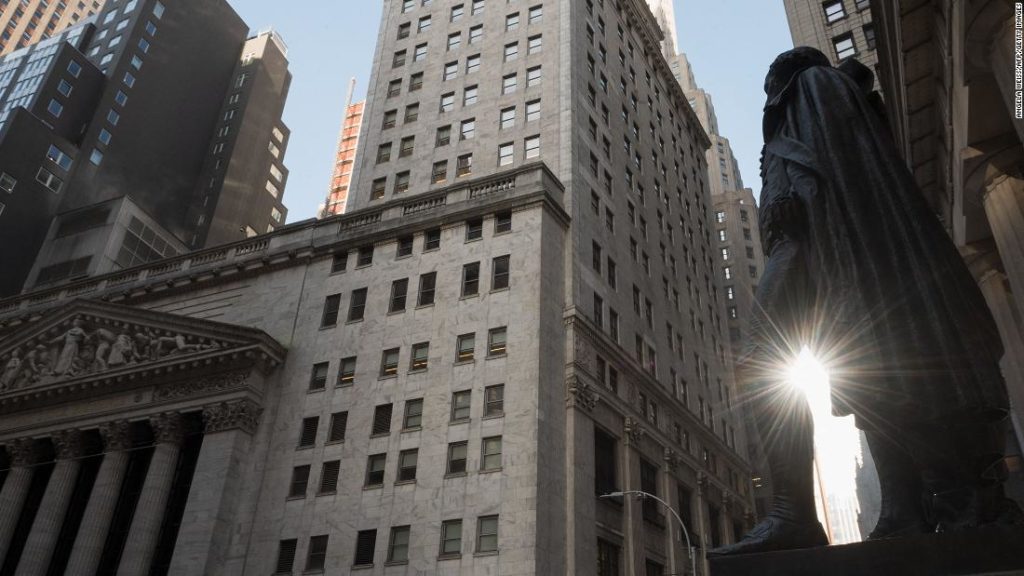The most startling part about the tale of Archegos is that it is a firm that few people had ever heard of before this weekend. And yet in this era of easy money, Archegos was able to borrow so much that its failure created shockwaves large enough to ripple across Wall Street — and impact everyday Americans’ retirement accounts.
“It’s a wake-up call. With leverage, comes risk,” said Art Hogan, chief market strategist at National Securities Corporation. “This is the second time we’ve learned a lesson this year about leverage.”
“We saw it on the short side when GameStop blew up. Now we are seeing it on the long side,” Hogan said.
Opaque financial instruments
Archegos Capital was using borrowed money — apparently a ton of it — to make outsized bets that propped up media stocks. This type excessive leverage is made possible by extremely low interest rates from the Federal Reserve.
The full scale of these bets wasn’t clear until now.
Archegos could not be reached for comment on Monday.
“Anytime a derivative is involved, you don’t really know how deep the tentacles go,” said Joe Saluzzi, co-head of trading at Themis Trading.
The share sale that broke the camel’s back
This complex strategy backfired last week.
Archegos faced margin calls from its Wall Street lenders. A margin call by a broker requires a client to add funds to its account if the value of an asset drops below a specified level. If the client can’t pay up — and in this case Archegos apparently couldn’t — the broker can step in and dump the shares on the client’s behalf.
Goldman Sachs, one of Archegos’ lenders, seized collateral and sold shares on Friday, a person familiar with the matter told CNN Business. This so-called forced liquidation set off a bloodbath Friday that drove down shares of ViacomCBS and Discovery more than 25% apiece.
Credit Suisse said that the default by a “significant US-based hedge fund” would cause a major hit to its earnings. A person familiar with the matter told CNN Business that Archegos was the firm causing the losses for Credit Suisse.
Nomura said its losses could be as much as $2 billion from “transactions with a US client.”
Founder of hedge fund involved in insider trading scandal
The episode demonstrates the intricate web linking firms across Wall Street — and the risks to the banks providing large amounts of leverage.
“Systemic risk from secret and interconnected leverage, trading and derivatives in astronomical undisclosed amounts continue to permeate the shadow banking system,” Better Markets CEO Dennis Kelleher said in a statement.
Hogan said investors must remember the inherent risks involved in the business lines of banks.
“They watch the creditworthiness of clients, but it’s not always perfect,” he said.
Repeat of Long-Term Capital Management?
“This is likely not Long-Term Capital,” Hogan said, citing reforms that mean banks hold less risk than before the 2008 crisis. “I don’t think this is the tip of the iceberg.”
“We don’t know how far the tentacles go,” Saluzzi said. “Early in the Bear Stearns crisis, the market was fine — until it wasn’t.”
You may also like
-
Afghanistan: Civilian casualties hit record high amid US withdrawal, UN says
-
How Taiwan is trying to defend against a cyber ‘World War III’
-
Pandemic travel news this week: Quarantine escapes and airplane disguises
-
Why would anyone trust Brexit Britain again?
-
Black fungus: A second crisis is killing survivors of India’s worst Covid wave

